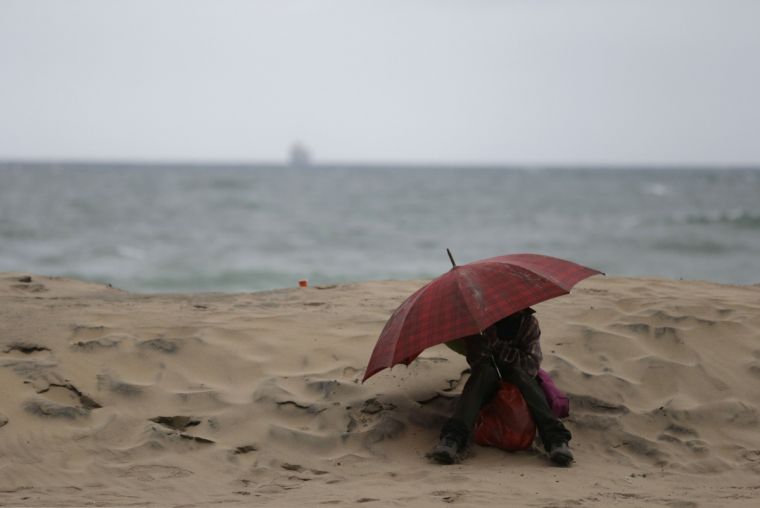Systemic tax injustice to blame for economic inequalities in Africa

A new report suggests that ineffective and unjust tax systems are widening the gap between the richest and poorest members of society in a number of African countries, despite an increase in economic growth.
In fact, Christian Aid and Tax Justice Network-Africa (TJN-A), which produced the report, contend that there is "clear evidence" that the growth is helping to maintain the position of the most vulnerable and poor, who are "actively impoverished in this process".
"To make matters worse, we know that we are vastly underestimating the problem," notes the report, entitled 'Africa Rising: Inequalities and the essential role of fair taxation'.
Tax systems are inadequate in many developing countries, where a lack of transparency often leads to tax dodging and illicit money flows, and has wider implications regarding political and social equality. It leads to an extortionate £555 billion being lost each year, which leaves the world's poorest communities the worst affected as they are not given money for the vital development of schools, hospitals and infrastructure.
"High or increasing inequality levels can...lead to a rise in conflict and undermine the very fabric of society," the report reads.
"There are many examples from Africa which show how rising inequality is leading to less stable and more violent and conflictive societies."
The knock-on effects of this are far reaching. Although wealth has been increasing in many African nations for a decade, the rate of human development has not.
Charles Abugre, Africa Director for the UN Millennium Campaign notes: "There is now a recognition that a fixation on growth is not only inadequate, but can generate a lot of problems. Increasingly people realise that our societies will be in crisis perpetually unless we pursue inclusive growth and equitable development.
"Tax equity has to be part of the public policy debate."
'Africa Rising?' considers income inequality in eight sub-Saharan countries - Ghana, Malawi, Sierra Leone, Kenya, Nigeria, South Africa, Zambia and Zimbabwe - and the research indicates that it is on the rise.
"Inequality has been exacerbated by the growth model in many countries which has seen a concentration of income," says Alvin Mosioma, spokesperson for TJN-A.
"It also reflects the inability of governments to tax the proceeds of growth, either because so much is given away in corporate tax breaks, or has escaped offshore into tax havens."
The authors of the report believe that inefficient and unfair tax systems that punish the poor must be transformed in order to rebalance economic equality.
"If countries in Africa cannot tax income and wealth correctly, they will shift the tax burden onto the poor," they note; indicating that financial transparency and the reduction of tax havens are vital for reform.
It is not only individual African governments that are to blame for these inequalities, however. The report also points to the unjust policies of international governments, arguing that "the international community must shoulder a lot of the responsibility for increasing economic inequalities and for the short comings of tax systems and public finances in sub-Saharan Africa".
Christian Aid's Africa policy and advocacy manager Sophie Powell says that fair taxation systems must be prioritised by governments all over the globe in order "to address inequality at its core".
"It has to be recognised that progress will simply not be possible...without coherent and comprehensive international action to combat financial and corporate secrecy and to reduce the systematic problem of illicit financial flows," the report states.
Those campaigning for greater transparency and the introduction of systemic justice are hoping that discussions on tax reform among the G8, G20 and the Organisation for Economic Co-operation and Development this year will begin to challenge and address the inequalities so prevalent in sub-Saharan Africa at present.
They admit, however, that national African governments will need to play a significant role if things are to change.
"There has to be a significant amount of political will to investigate tax dodging, reverse the current corporate tax exemption schemes, and to make the elites pay their fair share," the report notes.
"At the heart of this there is, and will continue to be, a lot of resistance from Africa's political and economic elites."











